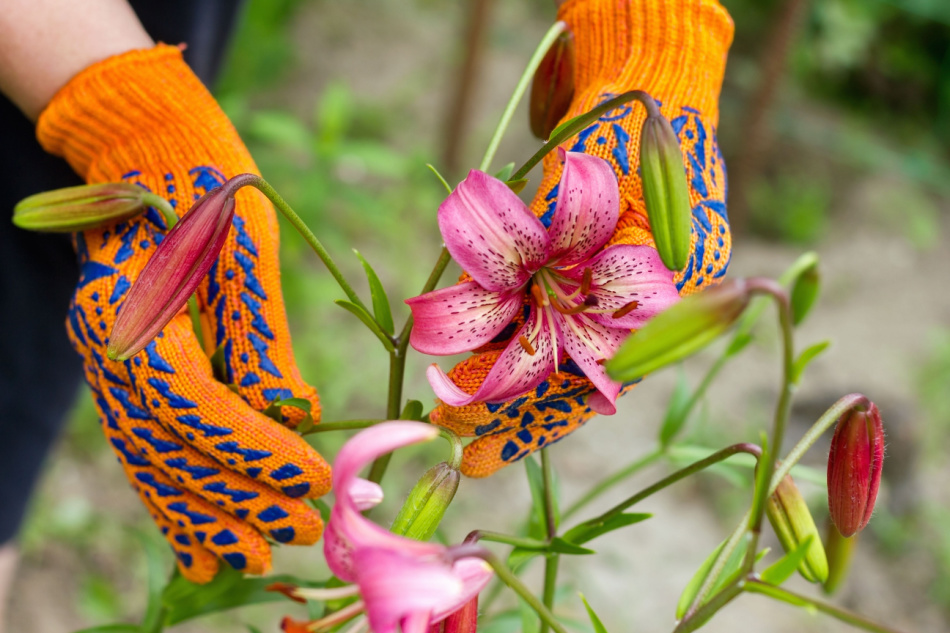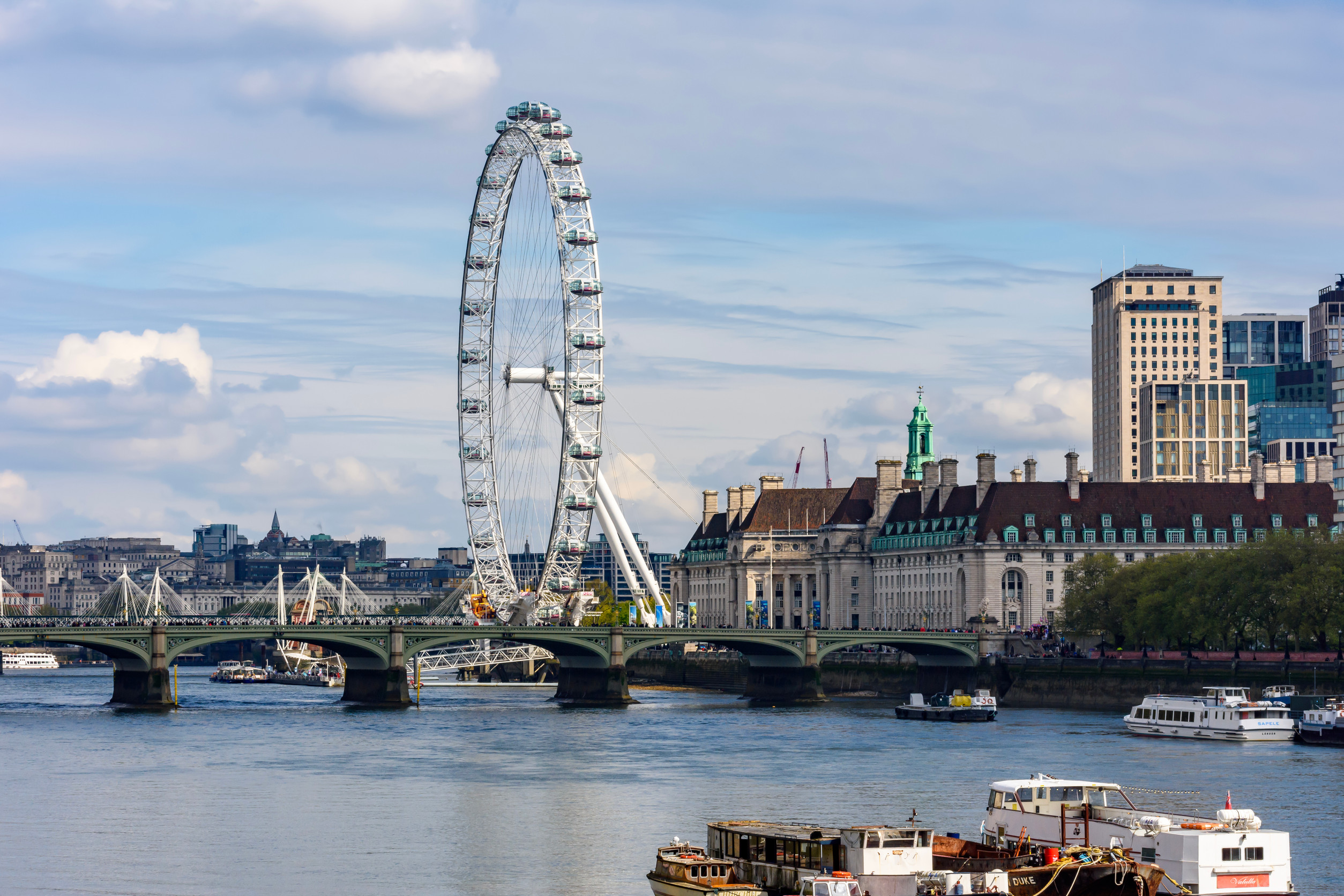When it comes to beekeeping, the number of winter deaths within a bee colony is a crucial indicator of the colony’s health. Colonies will always see a percentage of the population wiped out by colder temperatures and less abundant flowers, but what’s most important in this case is how many survive.
The winter of 2018-2019 was a particularly bad year for bees after university surveys discovered that a record 37.7 percent of colonies died off. The good news is that American honeybee colonies have bounced back after that terrible winter, with beekeepers only losing 22.2% of their colonies this past winter, from Oct. 1 to March 31.
That’s lower than the average of 28.6%, according to the Bee Informed Partnership’s annual survey of thousands of beekeepers.
It was also the second smallest winter loss in the 14 years of surveying done by several different US universities. Beekeepers in the U.S. also may be taking more of their colonies indoors in the winter, helping them survive, said University of Georgia entomologist Keith Delaplane. New U.S. Department of Agriculture research suggests putting bees in “cold storage” helps them survive the winter.











